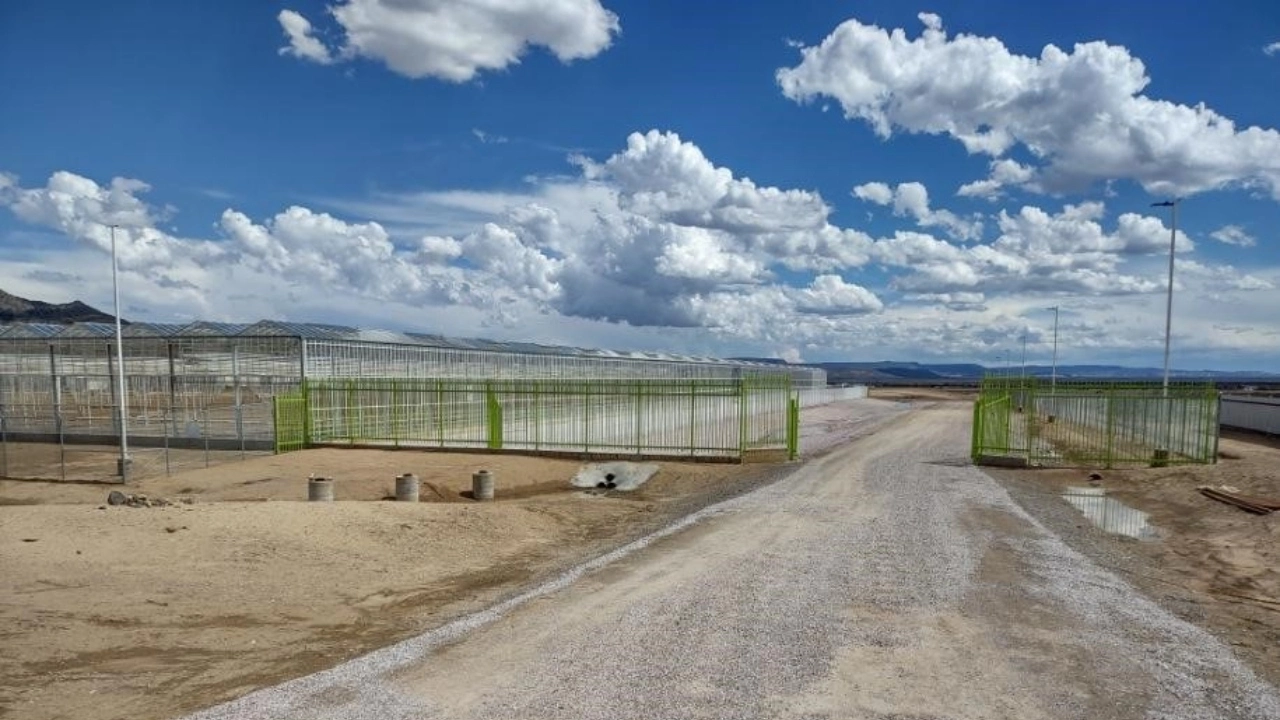The U.S. Drug Enforcement Administration has officially registered publicly traded Bright Green Corp. as a federally licensed cannabis cultivator and product manufacturer.
Including Bright Green, eight entities are now registered with the DEA as federally licensed cannabis “bulk manufacturers.”
Florida-based Bright Green – which recorded zero revenue in its fourth quarter ended Dec. 31, 2022 – has announced plans to build production and drug manufacturing facilities in the small New Mexico town of Grants.
The announcement about the DEA’s decision comes nearly one year after Bright Green’s shares debuted on the Nasdaq, on May 17, 2022.
The stock, which trades under the ticker symbol BGXX, opened trading that day at $15.99 after the Nasdaq issued an $8 reference price for what is called a direct listing.
Shares traded as high as $36.44 before closing at $25.25, reflecting a 216% increase over the reference price.
The shares have since plunged to below $2 amid questions about Bright Green’s financial health and outlook.
The company said in its latest earnings report that it had cash totaling $414,574 as of Dec. 31, 2022.
Bright Green’s announcement about the DEA prompted a modest but short-lived bump in the company’s stock.
Late Tuesday, the shares were trading at around $1.40.
According to a Bright Green news release, the DEA registration allows the company “to grow, manufacture, and sell, legally under federal and state laws, cannabis and cannabis-related products for research, pharmaceutical applications and affiliated import and export.”
The release said the DEA registration “paves the way” for Bright Green to try to raise $500 million through a federal investment program that targets immigrant investors, known as EB-5.
Bright Green on Wednesday announced the launch of its “EB-5 website and committed program,” though the unusual funding method has raised both eyebrows and questions.




